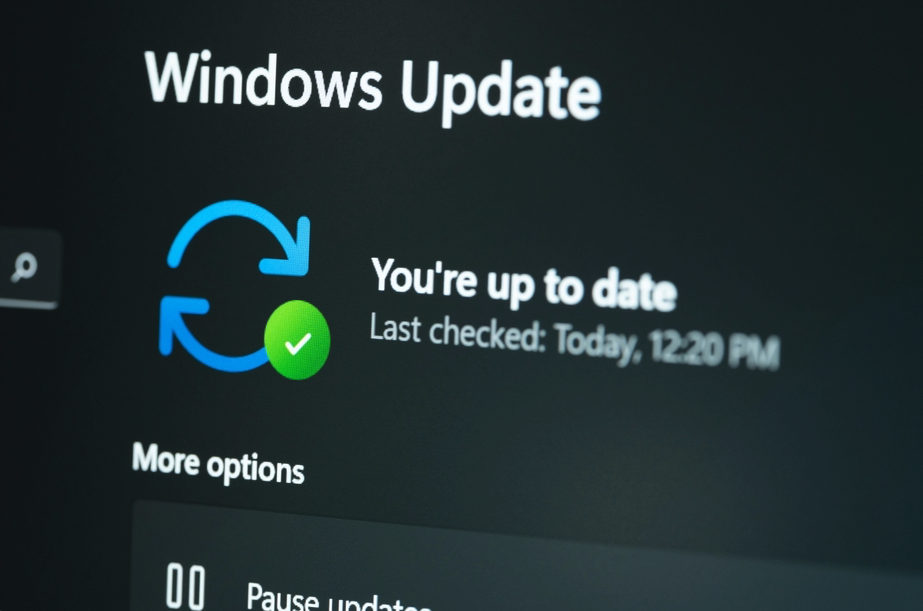In episode 425 of “Smashing Security”, Graham reveals how “Call of Duty: WWII” has been weaponised – allowing hackers to hijack your entire PC during online matches, thanks to ancient code and Microsoft’s Game Pass. Meanwhile, Carole digs into a con targeting the recently incarcerated, with scammers impersonating bail bond agents to fleece desperate families.
All this and more is discussed in the latest edition of the “Smashing Security” podcast by cybersecurity veterans Graham Cluley and Carole Theriault.










